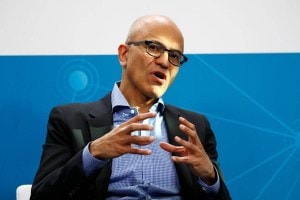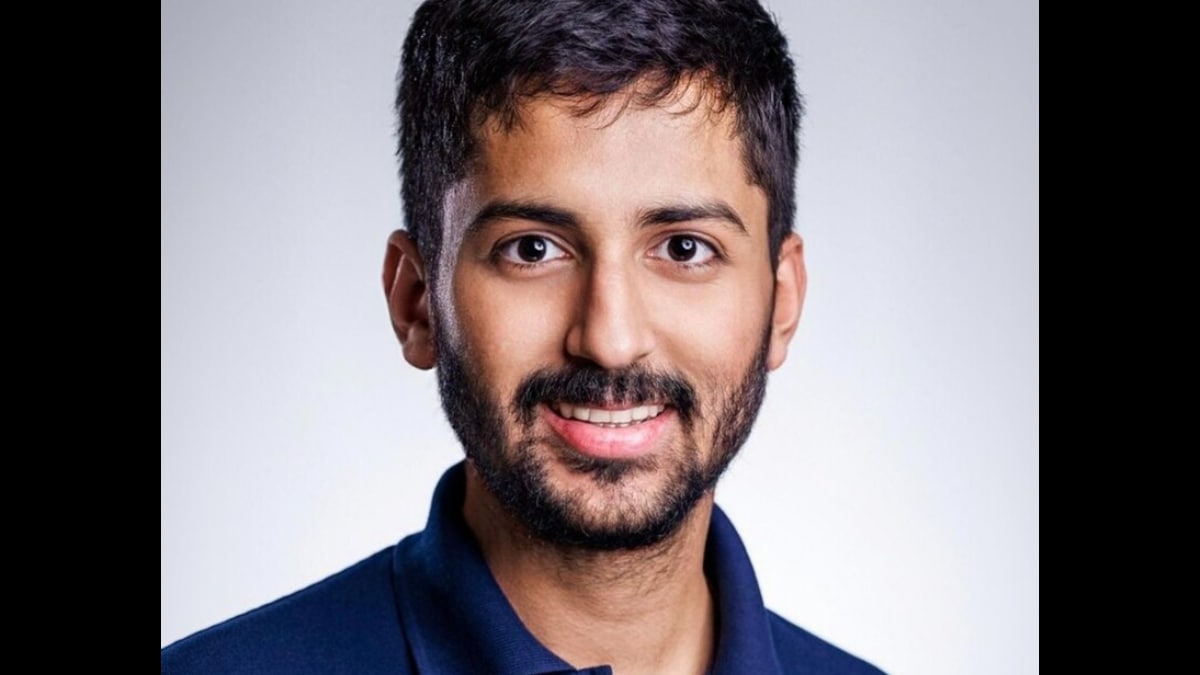Every firm needs a solid Return-on-Investment (ROI) to keep the business profitable. For software-based services, advertisements are an easy way to bring in the cash, and OpenAI is following the same path. Despite having paid subscriptions, the ChatGPT maker is now planning to take a huge step towards commercialisation by actively seeking a high-profile executive to take the monetisation of ChatGPT forward, all in the hope of transforming the platform into a multi-billion dollar revenue engine.
This move signals the company’s clear intention to transform itself from a research-focused organisation to a huge commercial force in the technology sector.
OpenAI takes a step towards commercialisation
The hiring, which is reported by Seeking Alpha, seeks to get someone who will be tasked with leading all monetisation efforts across OpenAI. The mandate includes developing a strategy to integrate advertising into the popular AI chatbot alongside managing the existing subscription services.
This executive will report directly to Fidji Simo, OpenAI’s recently appointed CEO of Applications. Simo, who joined OpenAI last month after her tenure as CEO of Instacart, is reportedly taking a hands-on approach to building the team, with sources indicating she has already met with potential candidates, including former colleagues from her time at Facebook.
With a division dedicated to monetisation, OpenAI is dead set to generate substantial profits from its advanced artificial intelligence bots and services, especially following the immense investment and public recognition garnered by ChatGPT. With advertising, OpenAI aims to tap into the vast free-to-use user base of its chatbot.
OpenAI Jobs Platform also in the works
Beyond monetisation, OpenAI is aggressively expanding its application ecosystem, starting with the OpenAI Jobs Platform. This will be an AI-powered hiring service designed to match businesses with the kind of employees they desire.
In a blog post, Simo said the service, which is expected to launch by mid-2026, will use AI to “help find the perfect matches between what companies need and what workers can offer.” Hence, OpenAI will rely on its advanced GenAI models to directly compete with LinkedIn, the world’s most popular social portal for job seekers and professionals, funded by Microsoft, which also backs OpenAI.
Furthermore, the company plans to introduce certifications through the OpenAI Academy in late 2025 to help train workers in new AI skills. This initiative aims to address the potential job market disruption caused by AI by preparing the workforce for the technology’s growing role.







